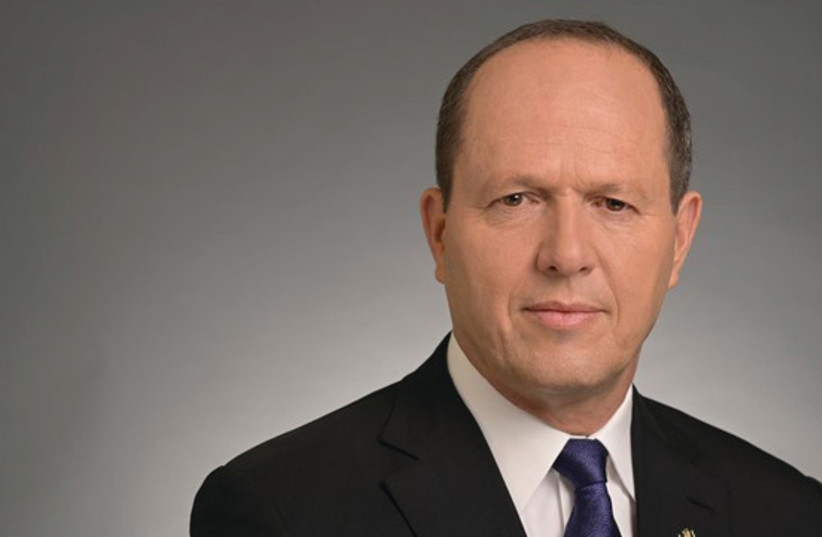Israel will invest up to a billion shekels in a new Economy Ministry program to build industry "clusters" modeled after Harvard professor Michael E. Porter's economic model.
The program identifies core sectors and helps them to collaborate and develop growth plans, including the potential for public-private investments in companies in these areas. For every $3 invested by the private sector in approved companies, the government will invest $1, making investing in Israeli companies "one of the best and low-risk investments you can make," according to Economy Minister Nir Barkat.
The process for applying for funding has yet to be established
For the last two weeks, Barkat and a team of American experts from Harvard University have been in Israel preparing for the program, for which Barkat plans to reveal a complete working plan sometime next month. The experts met with all relevant ministries, such as Finance, Energy and Tourism, held business roundtables and spoke with local authorities.

According to Barkat, Prime Minister Benjamin Netanyahu and Finance Minister Bezalel Smotrich back the program, including matching sectors with international partners.
"We will create leads and open doors," Barkat told a group of journalists. "The goal is to invest as quickly as possible and to build many public-private partnerships."
The Economy Ministry already has NIS 400 million earmarked for the program. Barkat said the rest would come from other ministers or government grants. In addition, the program will have a dashboard and other tracking tools to monitor progress and success.
"With matching grants, you reduce risk, and the ROI is better," Barkat said.
The team has already started identifying geographic and industry sectors in Israel. These include agri-tech, food-tech and tourism in the Galilee and Golan Heights; biblical tourism and technology in Judea and Samaria, sea biology and desert tourism in Eilat; med-tech in Haifa; life sciences in Jerusalem; desert-tech and cyber in the Negev; and fintech nationally, among other fields.
The clusters are areas where Israel already sees success, and the country believes they will grow with a suitable investment.
In an article published in Harvard Business Review, Porter explained that "today's economic map of the world is dominated by what I call clusters: critical masses—in one place—of unusual competitive success in particular fields. Clusters are a striking feature of virtually every national, regional, state and even metropolitan economy, especially in more economically advanced nations. Silicon Valley and Hollywood may be the world's best-known clusters."
Another example of a cluster is the California wine cluster, which Porter said includes 680 commercial wineries and several thousand independent wine grape growers.
Clusters increase productively, drive the direction and pace of innovation and stimulate the formation of new businesses, according to Porter.
"I have been working with the clustering process for 20 years and have seen it work in many countries. It not only produces results but is logical," said Martin Webber, one of the experts consulting on the cluster initiative, during the press briefing.
Barkat rolled out a similar project when he was mayor of Jerusalem from 2008 to 2018 to help build the city's high-tech industry, and it worked. Jerusalem had 10,000 people working in high-tech when the project started. Today, there are 22,000 - mostly in research. Then, there were 220 hi-tech companies; today, there are more than 600. And the number of Jerusalem unicorns is starting to grow.
The minister pushed back at the idea that judicial overhaul legislation or any other political challenges should stop people from investing in Israel.
"If people invest in Israel in the right places, they will profit," Barkat stressed. "This program is not related to the budget or the political climate. It is a strategic business plan."
The state budget needs to pass by the end of the month.
However, Barkat admitted there would be some challenges, including that Israel needs more qualified labor and that the land allocation and sales laws make it difficult for companies wanting to build or expand.
Barkat concluded, "This is not a program that centers on what we want. Instead, it is based on what we have today that has the potential to be big - to penetrate the international market and succeed in a big way."
